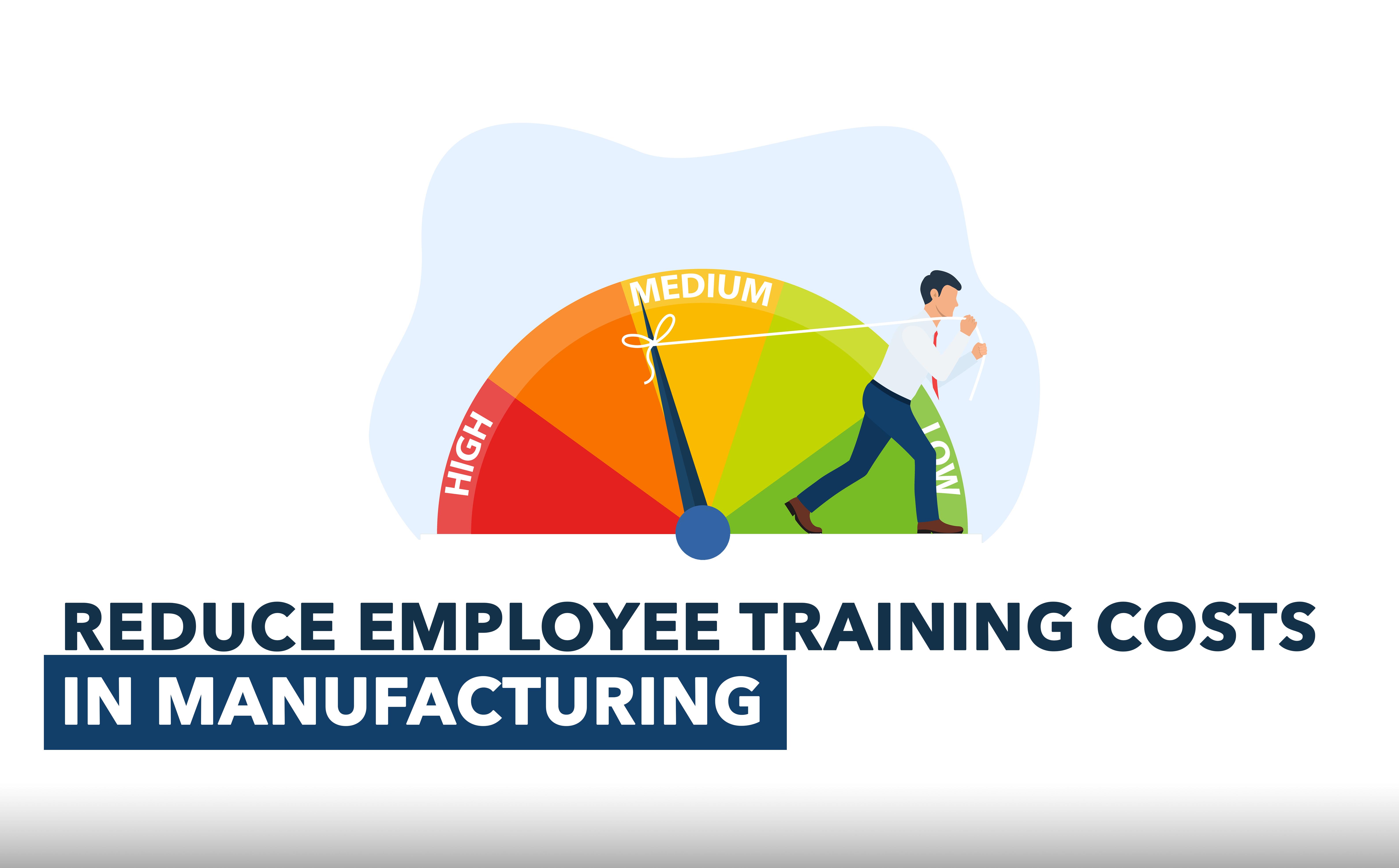
There are many opportunities in Dallas for industrial engineers, no matter what kind of engineering job you are looking for. There are many opportunities for you to work in the field of industrial engineering, from electronics and computer manufacturers to transport equipment manufacturers. Many plants need industrial engineers to keep their production running smoothly.
Industrial engineers aid in process improvement by identifying opportunities for improvement and analyzing how these improvements have affected performance. Industrial engineers often work together with other engineers. To successfully implement changes, they need to have strong project management skills. The training and reporting of industrial engineers is also their responsibility. They are frequently employed by companies and small- to medium-sized businesses.
Many industrial engineers are also employed in consulting and client-facing roles. Some of these roles include data analysis, software development, and business analysis. Industrial engineers work on projects that improve production efficiency and lower costs. Most industrial engineers are hired to work in industries that are focused on manufacturing and transportation equipment. They are employed in both the aviation and consumer goods industries. According to the Bureau of Labor Statistics, the number of industrial engineers jobs will rise by 10% in the coming decade.

Industrial engineers have one of the most important jobs: to identify and eliminate wasteful production processes. This requires the engineer working with the right teams to find improvement opportunities. The industrial engineer is also responsible for conserving time and energy. They must be able to use math skills and have a passion for reducing waste. A career as an industrial engineer can be a rewarding experience.
There are many jobs in industrial engineering available in Dallas and nearby cities. These cities include Plano, McKinney, and Frisco. Dallas has the largest concentration of industrial engineers working in transportation equipment manufactures. Other industries that are looking for qualified engineers include computer and electronics manufacturers, and professional scientific and technical services.
Industrial engineers are often employed in a variety of roles, from a team leader to a manager. Apply for a Monster free profile if industrial engineering interests you. This site allows you to set up your resume, create custom job alerts, and receive expert advice. You can start your search today for industrial engineering jobs in Dallas.
An internship is a great option if you are interested in pursuing a career as an industrial engineer. Most industrial engineering internships require a commute of less than 30 minutes. These internships are a great way to gain valuable industry experience and learn new skills. Industrial engineers can also take business classes alongside their engineering coursework. There are many universities that offer business classes and parallel IE coursework.

As an industrial engineer you will work alongside other engineers and analysts in order to improve your company's operations. You may also be tasked with analyzing labor management standards, tracking labor standards, and maintaining labor management systems.
FAQ
How can efficiency in manufacturing be improved?
First, we need to identify which factors are most critical in affecting production times. Next, we must find ways to improve those factors. You can start by identifying the most important factors that impact production time. Once you've identified them, try to find solutions for each of those factors.
What is meant by manufacturing industries?
Manufacturing Industries refers to businesses that manufacture products. The people who buy these products are called consumers. To accomplish this goal, these companies employ a range of processes including distribution, sales, management, and production. They produce goods from raw materials by using machines and other machinery. This covers all types of manufactured goods including clothing, food, building supplies and furniture, as well as electronics, tools, machinery, vehicles and pharmaceuticals.
What are the products and services of logistics?
Logistics refers to all activities that involve moving goods from A to B.
These include all aspects related to transport such as packaging, loading and transporting, storing, transporting, unloading and warehousing inventory management, customer service. Distribution, returns, recycling are some of the options.
Logisticians ensure that the right product reaches the right place at the right time and under safe conditions. They assist companies with their supply chain efficiency through information on demand forecasts. Stock levels, production times, and availability.
They monitor shipments in transit, ensure quality standards, manage inventories, replenish orders, coordinate with suppliers and other vendors, and offer support services for sales, marketing, and customer service.
What is the best way to learn about manufacturing?
The best way to learn about manufacturing is through hands-on experience. But if that is not possible you can always read books and watch educational videos.
Why is logistics important in manufacturing?
Logistics are an essential part of any business. They enable you to achieve outstanding results by helping manage product flow from raw materials through to finished goods.
Logistics play an important role in reducing costs as well as increasing efficiency.
What are the jobs in logistics?
There are many jobs available in logistics. Here are some:
-
Warehouse workers: They load and unload trucks, pallets, and other cargo.
-
Transportation drivers: They drive trucks and trailers and deliver goods and make pick-ups.
-
Freight handlers – They sort and package freight at warehouses.
-
Inventory managers - They oversee the inventory of goods in warehouses.
-
Sales representatives: They sell products to customers.
-
Logistics coordinators - They organize and plan logistics operations.
-
Purchasing agents - They buy goods and services that are necessary for company operations.
-
Customer service representatives – They answer emails and phone calls from customers.
-
Ship clerks - They issue bills and process shipping orders.
-
Order fillers - These people fill orders based on what has been ordered.
-
Quality control inspectors (QCI) - They inspect all incoming and departing products for potential defects.
-
Others - There are many types of jobs in logistics such as transport supervisors and cargo specialists.
What are the responsibilities for a manufacturing manager
A manufacturing manager must ensure that all manufacturing processes are efficient and effective. They must also be alert to any potential problems and take appropriate action.
They must also be able to communicate with sales and marketing departments.
They should also be aware of the latest trends in their industry and be able to use this information to help improve productivity and efficiency.
Statistics
- According to the United Nations Industrial Development Organization (UNIDO), China is the top manufacturer worldwide by 2019 output, producing 28.7% of the total global manufacturing output, followed by the United States, Japan, Germany, and India.[52][53] (en.wikipedia.org)
- It's estimated that 10.8% of the U.S. GDP in 2020 was contributed to manufacturing. (investopedia.com)
- You can multiply the result by 100 to get the total percent of monthly overhead. (investopedia.com)
- [54][55] These are the top 50 countries by the total value of manufacturing output in US dollars for its noted year according to World Bank.[56] (en.wikipedia.org)
- According to a Statista study, U.S. businesses spent $1.63 trillion on logistics in 2019, moving goods from origin to end user through various supply chain network segments. (netsuite.com)
External Links
How To
Six Sigma and Manufacturing
Six Sigma is "the application statistical process control (SPC), techniques for continuous improvement." Motorola's Quality Improvement Department created Six Sigma at their Tokyo plant, Japan in 1986. The basic idea behind Six Sigma is to improve quality by improving processes through standardization and eliminating defects. This method has been adopted by many companies in recent years as they believe there are no perfect products or services. Six Sigma aims to reduce variation in the production's mean value. This means that you can take a sample from your product and then compare its performance to the average to find out how often the process differs from the norm. If you notice a large deviation, then it is time to fix it.
Understanding how variability works in your company is the first step to Six Sigma. Once you understand this, you can then identify the causes of variation. It is important to identify whether the variations are random or systemic. Random variations are caused when people make mistakes. While systematic variations are caused outside of the process, they can occur. If you make widgets and some of them end up on the assembly line, then those are considered random variations. It would be considered a systematic problem if every widget that you build falls apart at the same location each time.
Once you have identified the problem, you can design solutions. It might mean changing the way you do business or redesigning it entirely. You should then test the changes again after they have been implemented. If they fail, you can go back to the drawing board to come up with a different plan.